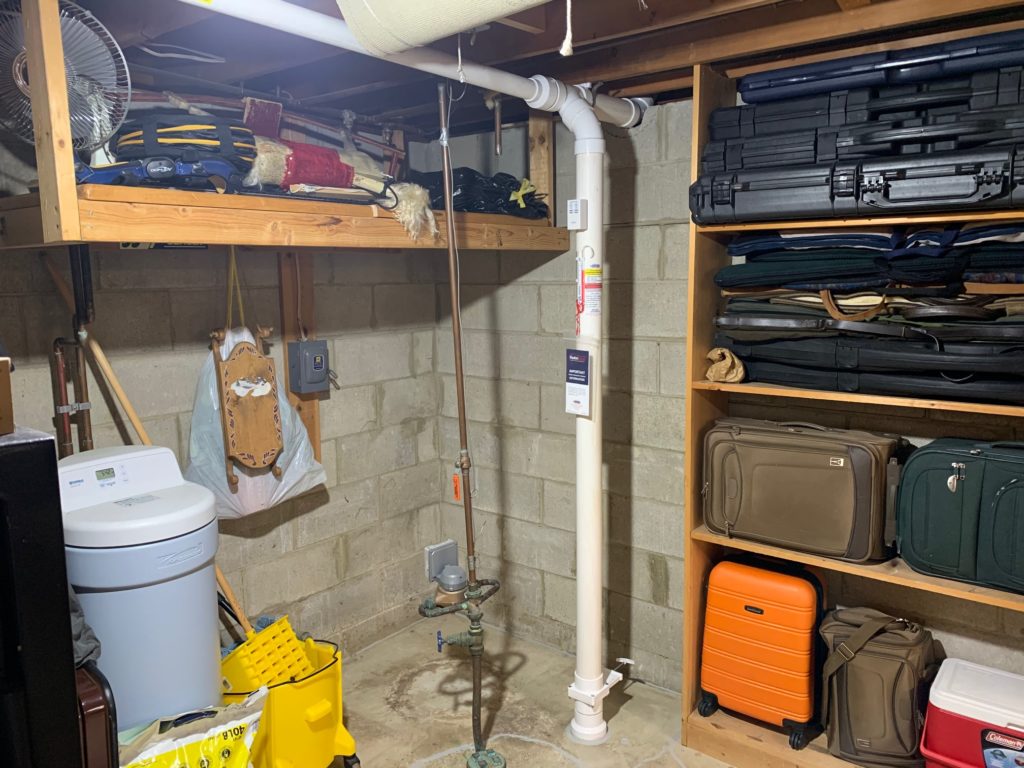Radiation Security
Is radon really bad for you?
Breathing radon over time increases your risk of lung cancer. Radon is the second leading cause of lung cancer in the United States. Nationally, the EPA estimates that about 21,000 people die each year from radon-related lung cancer. Only smoking causes more lung cancer deaths.
If you can keep your indoor radon levels at 2 pCi/L or lower, you'll face really low boosted threat of creating lung cancer cells due to radon. Just two non-smokers out of 1,000 will develop lung cancer cells specifically due to the exposure when you reach the 1.3 pCi/L level that is typical for indoor air.

As an outcome of such studies, Cohen and others have actually wrapped up that those staying in homes with radon degrees approximately 4.0 pCi/ l have a less than normal chance of contracting lung cancer cells. While no level of radon gas is completely risk-free, similar to most things in life we must stabilize the prices and also advantages to find our own" appropriate" degrees.
Is radon mitigation really necessary?
When radon gas enters the body, it exposes the lungs to small amounts of radiation. In small quantities, experts say this is harmless. However, in persistent exposures or larger quantities, radon can damage the cells of the lining of the lungs, increasing a person's chance of developing lung cancer.
It's difficult to get to an absolutely no percent danger in locations where radon is common, yet decreasing the gas degree as much as is practical is worth the initiative. Cigarette smoking remains the primary source of lung cancer in the US. Nevertheless, radon is normally the 2nd biggest contributor to the condition in any type of given year. When you combine a smoking habit with a residence that has harmful radon levels, you can raise your risk for lung cancer 9 times over. Understanding just what is radon screening isn't just necessary if you're a cigarette smoker or there's a smoker in your home, but it's essential for everyone.
- Your risk of lung cancer cells boosts considerably with exposure to higher radon levels.
- Radon gas is a naturally-occurring byproduct of the contaminated degeneration of Uranium in the dirt.
- Depending on your geographical place, the radon degrees of the air you take a breath outside of your residence might be as high as 0.75 pCi/L.
- The US EPA has placed it simply, stating, "Any kind of radon exposure has some danger of triggering lung cancer.
As an example, a person living in a residence with a radon level of 4.0 pCi/L or lower has an about 7 in 1000 chance of getting sick. On the various other hand, a person living in a house with a radon degree of 20 pCi/L or greater has a 36 in 1000 radon1.com/what-is-radon-abatement/ opportunity of having lung cancer cells. The Globe Health And Wellness Company (THAT) developed an activity level of 2.7 pCi/L based upon a three-year globally research study by greater than 30 famous researchers.
What are the symptoms of radon in your home?
If a person has been exposed to radon, 75 percent of the radon progeny in lungs will become "harmless" lead particles after 44 years. When an alpha particle damages a cell to make it cancerous, the onset of lung cancer takes a minimum of 5 years but most often 15 to 25 years, and even longer.
The carcinogen from radon does not come mostly from radon itself, however rather from the contaminated items formed in the decay of radon. The basic effects of radon to the human body are caused by its radioactivity and consequent threat of radiation-induced cancer. Lung cancer is the only observed consequence of high focus radon exposures; both animal as well as human researches show that the lung as well as breathing system are the key targets of radon daughter-induced toxicity. Eventually, they discovered that the opportunity of creating lung cancer cells fell listed below one (the no result degree) at radon exposure within the variety of 0-4 picoCuries per liter, according to Science Daily.
How long does it take for radon to cause cancer?
Fact: You will reduce your risk of lung cancer when you reduce radon levels, even if you've lived with an elevated radon level for a long time. Keep in mind that radon levels below 4 pCi/L still pose some risk and that radon levels can be reduced to 2 pCi/L or below in most homes.